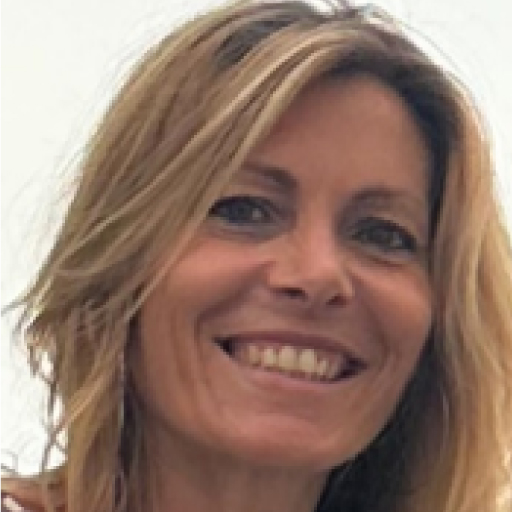Social Inclusion and Missing Children: Bridging the Gap for a Safer Society

Social inclusion and the issue of missing children might seem like distinct topics, but they are interconnected in significant ways. Promoting social inclusion is not only about creating a more equitable and cohesive society, but it also plays a crucial role in preventing and addressing the problem of missing children. This article explores the relationship between social inclusion and missing children, highlighting the importance of addressing both issues concurrently.
Social inclusion is about ensuring that every individual feels valued, respected, and fully integrated within their communities. It is a process that aims to dismantle barriers and promote equal opportunities for all, regardless of their background, abilities, or circumstances. When social inclusion is prioritized, communities become safer and more cohesive, reducing the vulnerability of children to becoming missing persons.
Children who are socially excluded are more susceptible to risks and dangers, making them more vulnerable to abduction, exploitation, or running away. Social exclusion can take various forms, such as poverty, discrimination, neglect, or lack of access to education and support services. These factors can contribute to a sense of alienation and desperation, pushing children towards risky situations or dangerous individuals.
To prevent missing children and ensure their safety, it is essential to address the root causes of social exclusion. Governments, community organizations, and individuals must work together to create inclusive environments where children are protected, supported, and given equal opportunities to thrive. This includes providing access to quality education, healthcare, social services, and recreational activities that promote their well-being and development.
Promoting social inclusion involves raising awareness and empowering communities to actively look out for the well-being of children. By fostering a culture of collective responsibility, neighbors, educators, and community members can contribute to creating a protective network that helps prevent children from going missing. Encouraging open communication, promoting positive parenting practices, and educating individuals about the warning signs and risks associated with child abduction and exploitation are crucial steps towards ensuring child safety.
When a child does go missing, social inclusion becomes vital in the response and recovery process. An inclusive and coordinated effort involving law enforcement, support organizations, and the community can significantly increase the chances of locating the missing child and facilitating their safe return. Communities that are well-informed and engaged are more likely to provide relevant information, support the affected families, and actively participate in search and rescue efforts.
Moreover, social inclusion plays a crucial role in the reintegration and support of missing children who are found or return home. These children often face emotional, psychological, and social challenges, and it is essential to provide them with the necessary support and resources to rebuild their lives. Social inclusion ensures that they are not stigmatized or further marginalized but are given opportunities to heal, grow, and reintegrate into their communities.
Social inclusion and the issue of missing children are interconnected, and addressing them together is paramount for building a safer and more compassionate society. By promoting social inclusion, we can create environments where children are protected, valued, and empowered. This includes providing equal opportunities, raising awareness, and fostering a sense of community responsibility. By embracing the principles of social inclusion, we can reduce the vulnerability of children, prevent abductions, and ensure the safe return and successful reintegration of missing children.
















Responses